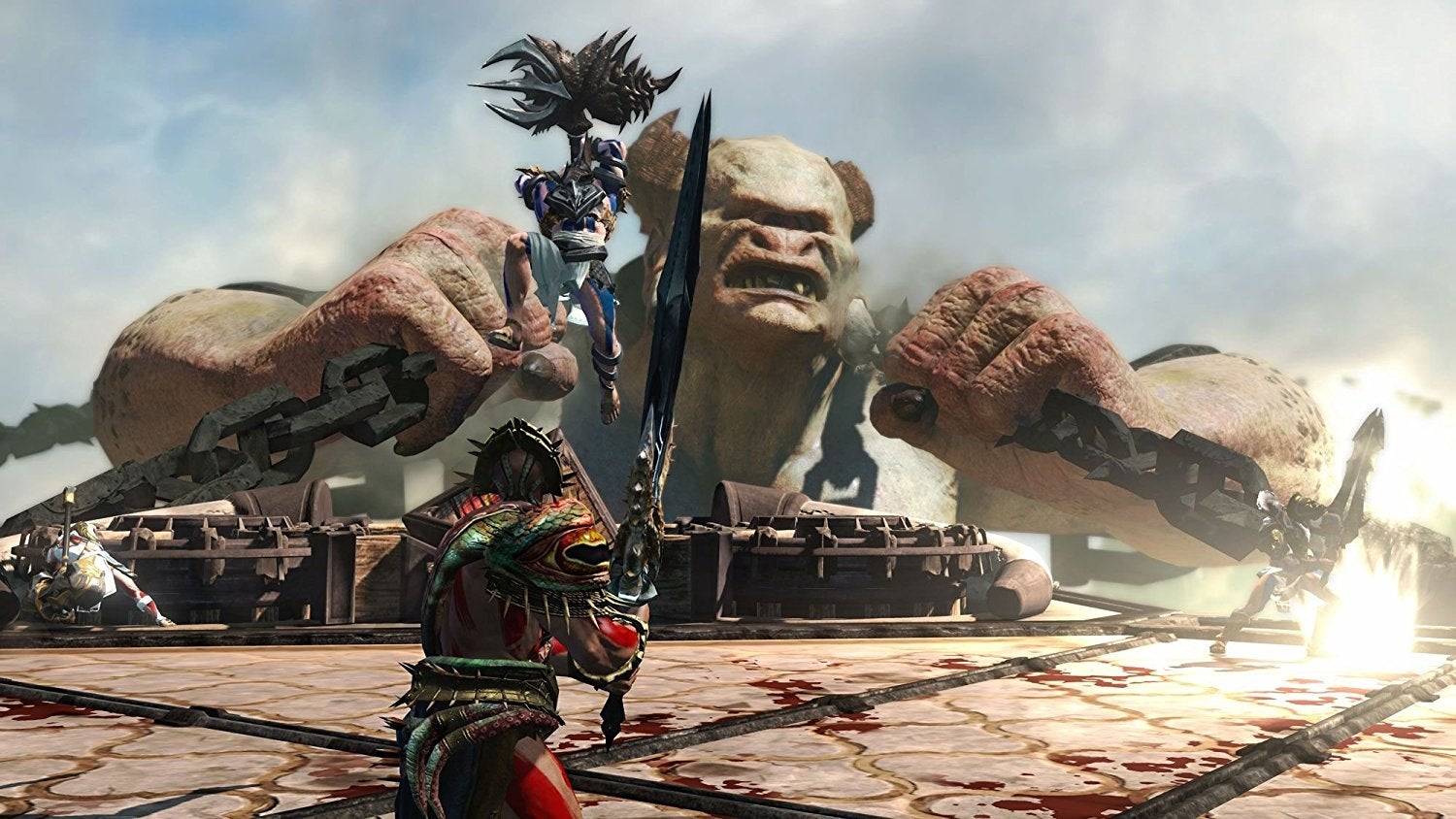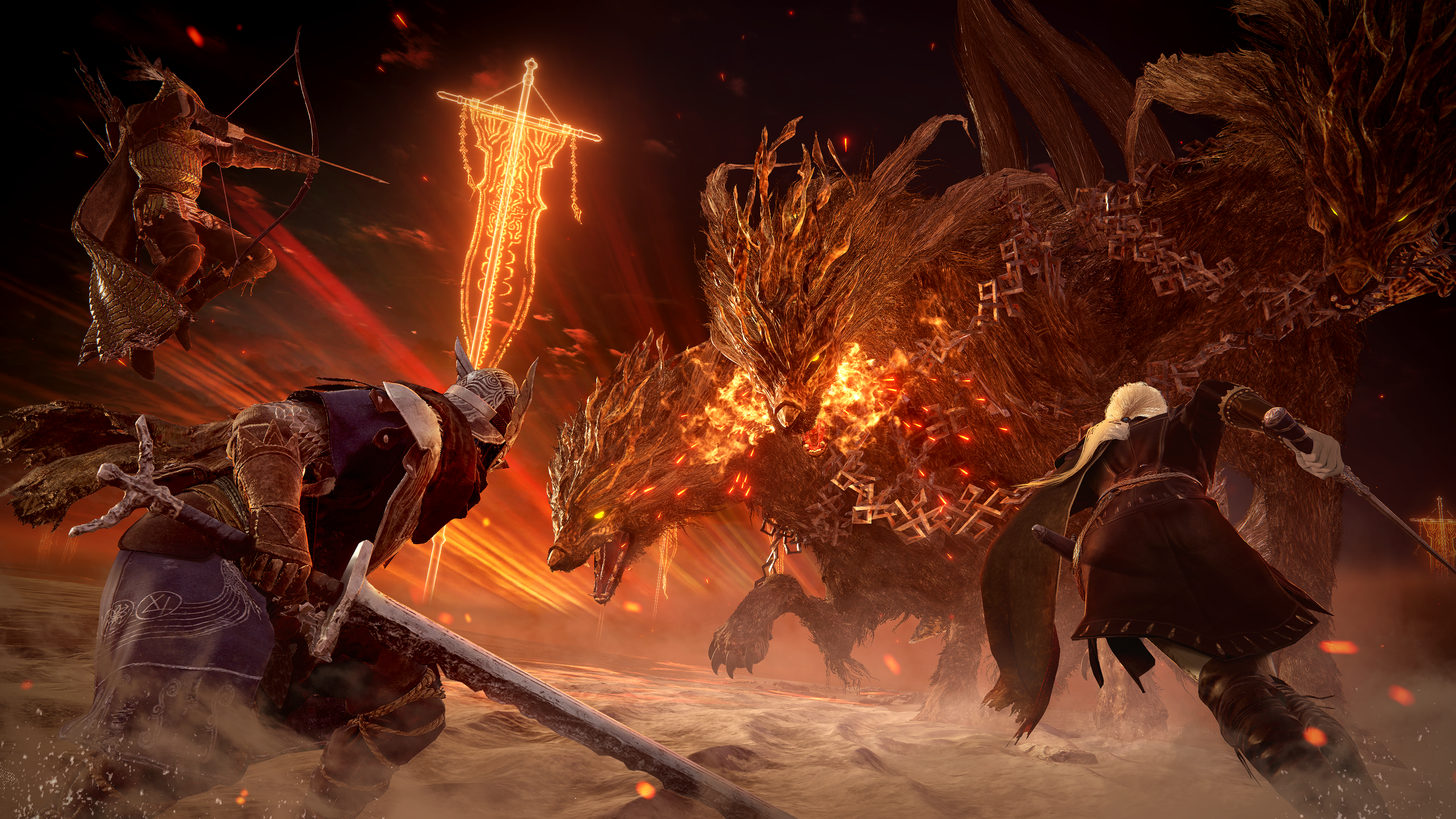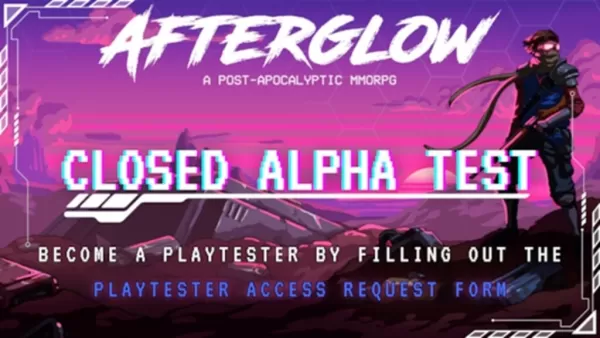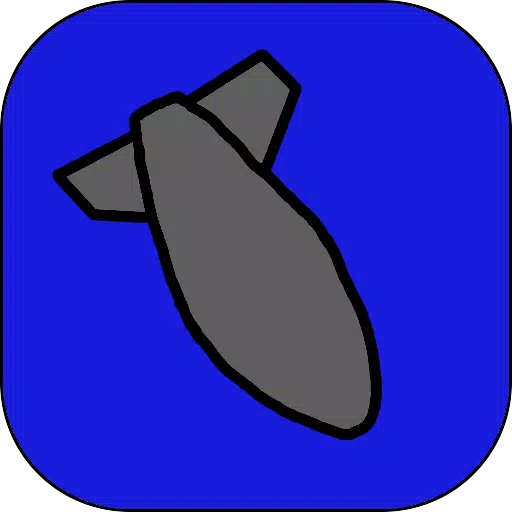This past weekend marked the initial network tests for Elden Ring Nightreign, the eagerly anticipated standalone multiplayer game branching off from FromSoftware's critically acclaimed Elden Ring. Unlike the Shadow of the Erdtree DLC released last year, Nightreign diverges significantly from its parent game. It swaps the expansive open world for a more focused survival format, where teams of three must navigate ever-shrinking maps to battle waves of enemies and progressively tougher bosses. This design choice suggests a clear influence from Fortnite, which boasts an impressive 200 million players this month alone.
However, Nightreign draws even more inspiration from a less celebrated and often criticized title: God of War: Ascension from 2013. And that's a positive aspect.

Released between God of War 3 in 2010 and the Norse-themed reboot in 2018, Ascension served as a prequel set in the Greek mythology era, depicting Kratos' struggle to break his oath to Ares. While it failed to match the grandeur of the original trilogy's finale, Ascension is often unfairly labeled as the series' black sheep. Despite not reaching the epic heights of Kratos' battle with Zeus, Ascension featured remarkable set-pieces like the Prison of the Damned, a dungeon etched into the flesh and bones of a colossal, immobilized giant. More crucially, Ascension introduced a multiplayer component, a first for the franchise.
In Ascension's story, players encounter a chained NPC in the Prison of the Damned who prematurely thanks them before being crushed by the level's boss. In multiplayer mode, this same NPC becomes the player's character, teleported to Olympus moments before their demise. Players then pledge allegiance to one of four gods—Zeus, Poseidon, Hades, or Ares—each granting unique weapons, armor, and magical abilities. These are used across five multiplayer modes, four of which are competitive PvP.
The fifth mode, Trial of the Gods, is cooperative PvE and strikingly similar to Elden Ring Nightreign.
Gameplay previews of Nightreign, shared by prominent "Soulsborne" YouTubers like VaatiVidya and Iron Pineapple, as well as IGN's coverage, highlight its similarities to live service games like Fortnite. Nightreign features randomized loot, resource management, and environmental hazards that challenge players by damaging their health and restricting their movement. It even echoes Fortnite's iconic skydiving entry, with players being dropped into the map by spirit birds.

While Ascension lacks the battle royale-style entry of Nightreign, deeper analysis reveals striking similarities between Nightreign and Ascension's Trial of the Gods. Both offer cooperative experiences where teams confront increasingly challenging foes. They both allow players to battle iconic bosses from past games, such as Hercules from God of War 3 or the Nameless King from Dark Souls 3. Both feature countdown timers (with Ascension's being pausable by defeating enemies) and take place on constrained or shrinking maps. Additionally, both games were developed by studios renowned for their single-player experiences and were crafted without direct involvement from their series' creators; Elden Ring's director Hidetaka Miyazaki is currently working on a new project, while the directors of the original God of War trilogy had already left Sony Santa Monica by the time Ascension was developed.
Most importantly, Nightreign elicits similar reactions from players as Ascension's Trial of the Gods did. Participants in FromSoftware's network test described their experiences as a thrilling race against time, contrasting sharply with the more leisurely pace of the base game, where players can approach scenarios with diverse strategies and take ample time. Nightreign compels players to rely on instinct, accelerating the gameplay and limiting resources, as noted by VaatiVidya as being "made in the name of speed and efficiency." In the absence of Torrent, players can now harness their inner spirit horse to run faster and jump higher.
Ascension's multiplayer similarly adjusted its single-player blueprint to enhance pacing, using techniques mirrored by Nightreign, such as increased run speed, extended jumps, automated parkour, and a grapple attack for pulling objects closer (a feature also utilized by Nightreign's Wylder character). These new abilities are crucial in the face of overwhelming enemy numbers in Trial of the Gods, where every second is vital. As a result, players and their teammates find themselves dashing around frantically, engaging in relentless combat reminiscent of Kratos himself.
AnswerSee ResultsNightreign's resemblance to Ascension is surprising, not only because much of Ascension has been forgotten but also because the Soulslike genre, to which Elden Ring belongs, initially positioned itself as God of War's antithesis. While God of War portrays players as warriors powerful enough to slay gods, Soulslike games cast players as nameless, cursed undead facing formidable challenges even from regular enemies. One genre rarely shows its game over screen, while the other frequently confronts players with it, eliciting a mix of frustration and satisfaction.
Yet, the once rage-inducing challenge of FromSoftware's earlier games has diminished over time as players honed their skills and developers introduced more powerful weapons and spells, culminating in game-breaking builds since Elden Ring's launch. Nightreign aims to restore some of this lost challenge by limiting access to these builds, while still offering seasoned players the thrill of embodying a time-pressed, vengeful Spartan, much like Ascension did.
















